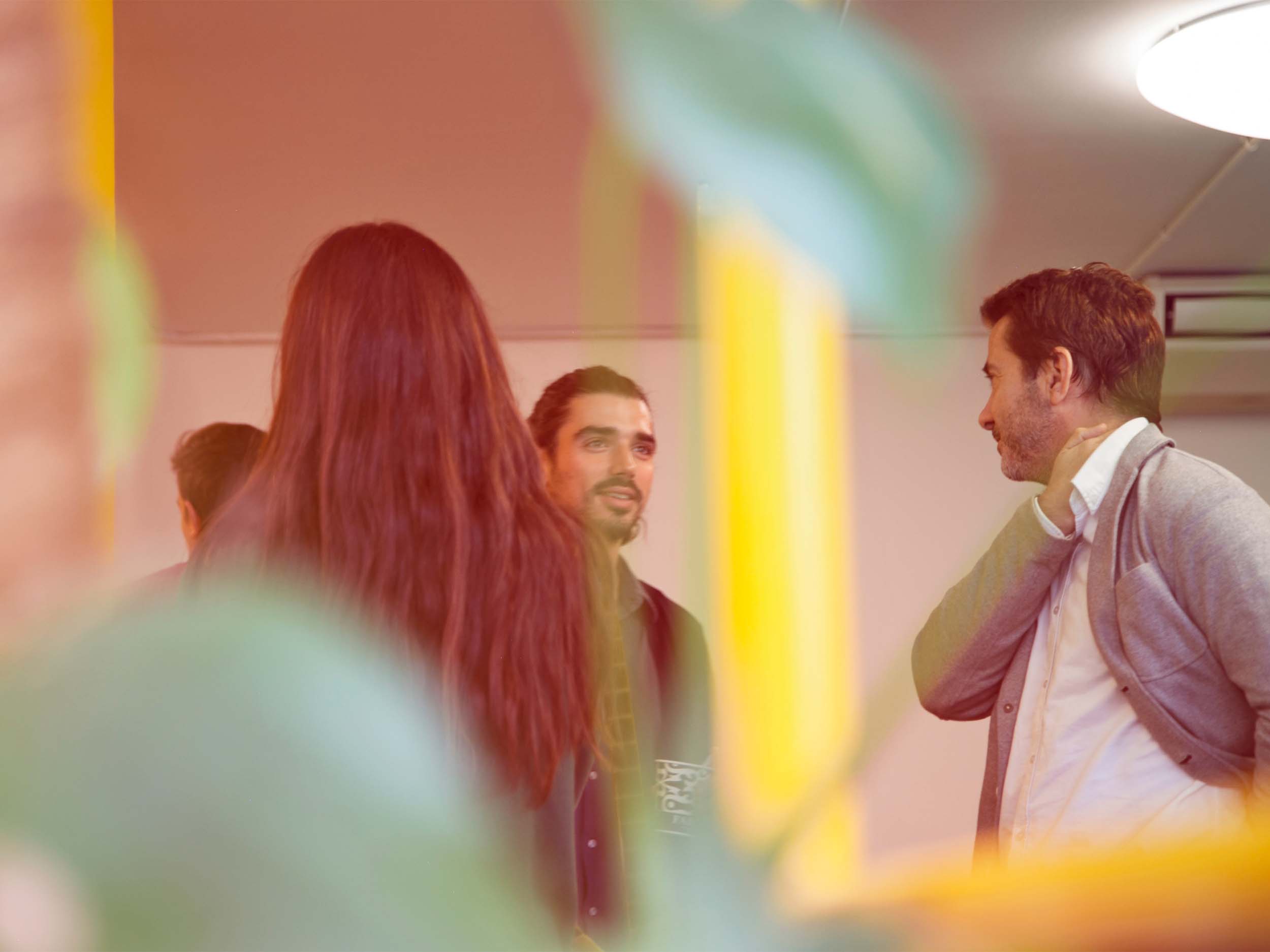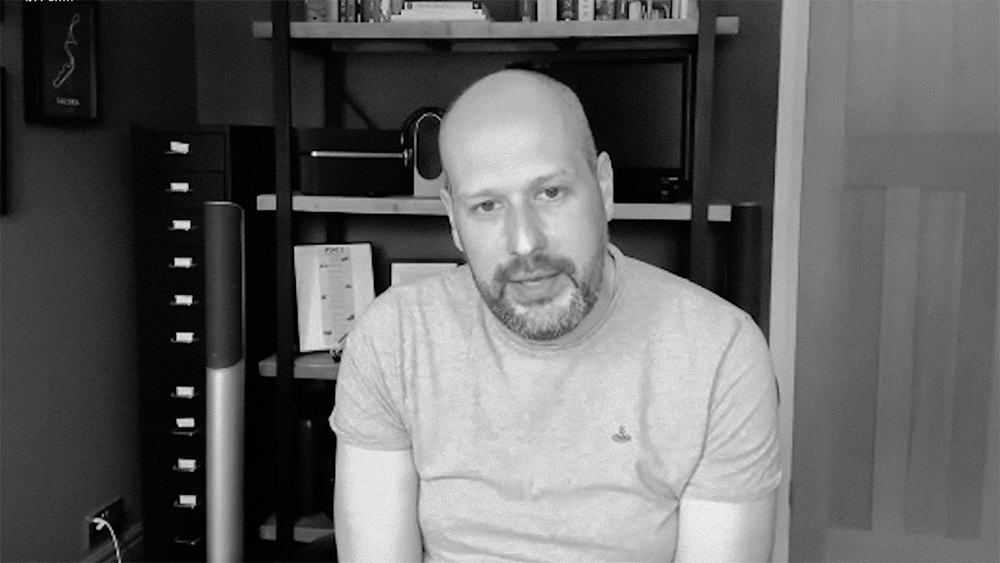
The storm will pass. When it does, the world will be described in terms of the before-and-after of Covid-19. The global pandemic and a volatile political and socio-economic climate have shone a microscope on companies’ business models.
As it has done so, it has brought into stark focus the companies that will thrive, and those that will fall by the wayside. The companies that emerge from this will need to grasp the opportunity to be part of and shape the future, otherwise their emergence will only be a delay to the inevitable. Here we outline an often overlooked yet critical ingredient of creating the culture required to survive and thrive this (and any other) disruption.
Redefining entrepreneurship
In recent years there’s been a real focus on ‘innovating from within’. Business leaders from corporate boardrooms have observed smaller, nimbler players eat into their market share with new and innovative ways to generate value for customers. Businesses with an entrepreneurial culture are unconstrained by a lack of past experience, which provides the permission to test and experiment, to fail and to learn. On the flip side, large legacy companies have developed established methodologies of delivering change in their environment. They have benefited from structured processes, systems, and governance, that is deeply ingrained into the ways of working.
Creating the space to think in order to respond is critical to success.
Driving organisational change has been achieved through approaches such as Lean, Six Sigma and Just-in-Time, which have been centred around driving efficiency. Put simply, innovation has often centred around creating the same output with less resources, be it time, money or labour. This approach has allowed us to reduce flex, waste and redundancy from our processes, and increase profitability.
However, herein lies the problem: the processes, and subsequently the organisation, become brittle. Inside the corporate structure, when something comes at us out of leftfield, we often do not have the time, money or labour to be able to deviate and respond with agility.
The previous foundations of success centred around a large customer base, access to capital, and a strong brand, but these are quickly being eroded by growth-hungry startups. The response has largely been to emulate. We’ve seen the buzzwords – digital disruption, transformation, agile, fail fast – they have all become part of everyday office-speak, as have the creation of shiny new job titles. The overarching line of thought for many organisations is “think like a start-up” – but the question I ask is, is this thinking flawed?
Conscious leadership – the alternative entrepreneurial mindset
A different time, context and challenge requires a different mindset. The trick is not to blindly discard what has brought about success today and simply recreate the latest tactics, but to challenge the assumptions that have underpinned past success, and stress test the ways value is created.
A culture of connection, communication and empathy brings implicit values, norms and behaviours into the everyday.
Today, 1 in 4 people suffer from a mental health problem. A few years ago Business Insider published an article about depression in the start-up community, and according to the research 7% of the general population report suffering from depression, while 30% of founders report dealing with its effects, and more than 50% of those get to burnout.
The pressure is immense. The world of an entrepreneur is one which is filled with constantly changing goalposts and failure as a common occurrence, where rejection is rife, and the busy mindset is prolific. This far less appealing side of entrepreneurship is one which is often unacknowledged, and whose implications are ignored.
An entrepreneurial mindset is much more than understanding the tools and techniques used in the innovation process, bringing speed and agility. It’s greater than developing an openness to change encompassed in the behaviour of flexibility and adaptability. It’s not just an appetite for risk and big ideation. The entrepreneurial mindset that needs to be fostered inside today’s business needs to be purposeful and intentional. Creating the space to think in order to respond is critical to success.
It’s this increased level of awareness of how your people and their work come together to create value which unlocks limitless opportunity. Four fundamental pillars to a conscious organisation can bring exponential benefits:
1. Make your purpose more than a slogan.
Having complete clarity around the purpose of your organisation, the impact it seeks to make, and the needs of the people you serve, provide laser-sharp focus.
Being able to distil the core values of the CEO into those of the organisation creates an authentic link to knowing the mission you’re on, the vision you’re aiming to turn into a reality – and most importantly, brings it to life in a crystal clear way for those working with and for you.
Purpose is a psychologically motivating factor, and a sure way to bring people on your journey. It powers how you attract, retrain, engage and motivate your workforce. You can unleash incredible power of creativity and productivity if you create an organisation that has a strong purpose and a fluid strategy.
2. Build a culture based on connection.
Creating shared awareness of, and alignment to, the core principles and practices counts. Knowing your people, what matters to them and allowing them to hear what matters to the leadership, requires honesty, authenticity and courage.
When both successes and challenges are openly shared, you are able to tap into the thoughts, ideas and perspectives in a new way. A culture of connection, communication and empathy brings implicit values, norms and behaviours into the everyday.
3. Reconfigure ownership through collaboration.
The problems we face are new and complex, and the untrodden path is daunting. Real collaboration allows collective intelligence to be harnessed, and a previously untapped resource is unearthed.
A shift from top-down decision making to collective problem-solving brings an entirely different dynamic, where accountability and responsibility are brought to the fore and trust and outcomes play a significant role in making progress. Concepts like holacracy brings this to life in the way decisions are made, conflict is resolved, and work is managed across the organisation.
4. Make wholeness and wellbeing matter.
Creating organisations full of vitality, where people can bring their whole selves to work, matter more now than ever before. Emotions are so central to our everyday functioning that they play a critical role even in finalising logical decisions. They affect what we pay attention to, how we weigh up information, the way we interact with others as well as our own ability to span beyond the here and now and take perspective. Creating a psychologically safe space where people can work through their limitations and unleash their individual superpower, nurture their creativity whilst experiencing a real sense of belonging brings a huge shift in employee experience.
Creating organisations full of vitality, where people can bring their whole selves to work, matter more now than ever.
It’s about growth…
Irrespective of the size and scale of your business, we are all faced with the same challenge of consciously creating an environment that fosters and facilitates growth. Creating an effective culture of entrepreneurship lies in striking a balance whilst enhancing humanity at work.
By increasing creativity and productivity, we can increase profit. Conscious leadership allows us to be more aware and thoughtful to our context, and more cognisant of the impact we can make.
Creating true balance in a holistic way creates a competitive advantage for businesses, and for us as people – as humans. The secret is that we need to consciously seek the balance, and fiercely protect it: an act which can feel almost counterintuitive to success and progress, but undeniably underpins it.


















































